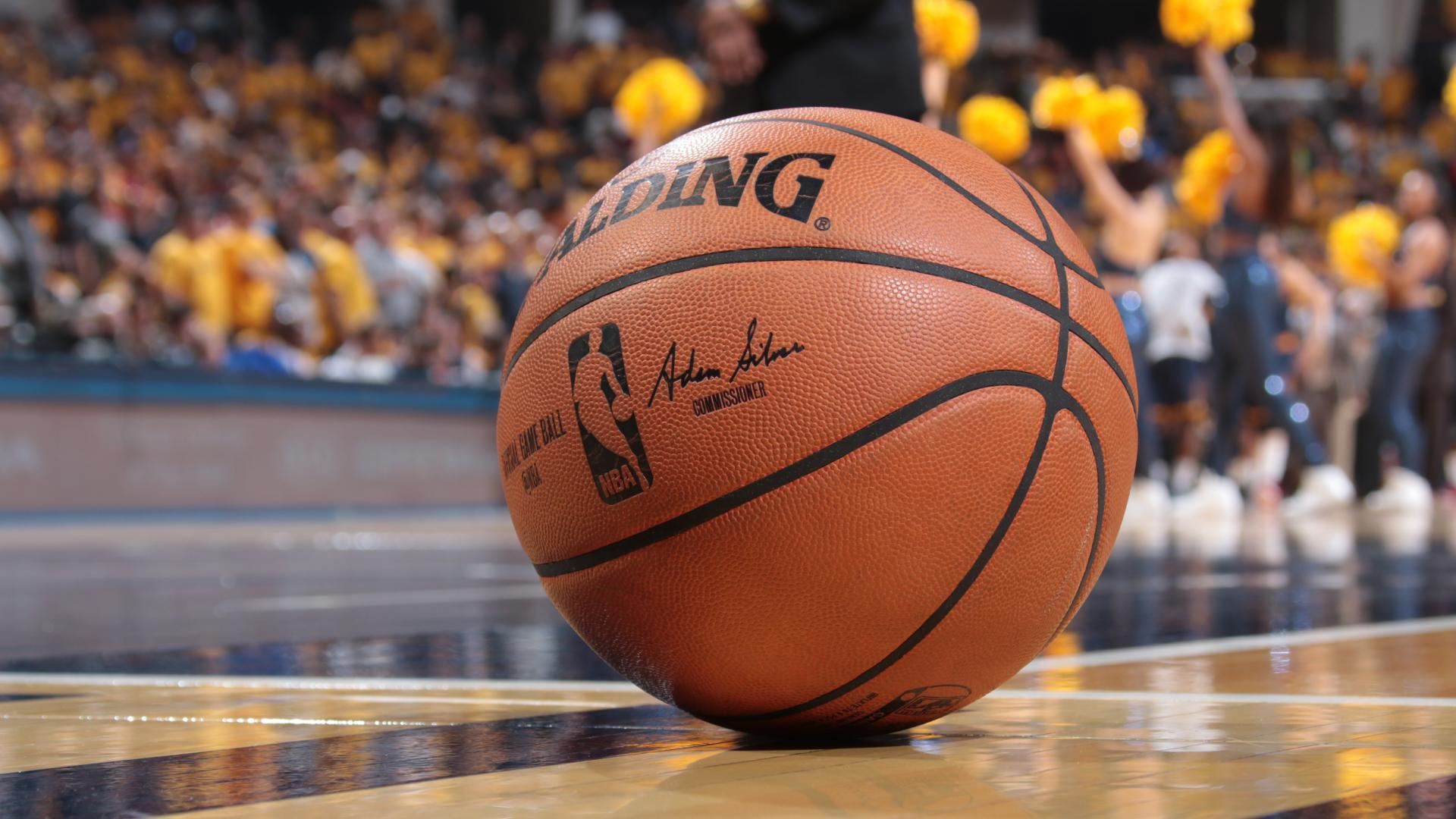
NBA & NBPA Announce Mental Wellness Program for Players
It was announced this week that the NBA and the National Basketball Players Association have worked together to develop a mental wellness program for the league's players.
Sports reporter David Aldridge shared the news of the program last week on NBA online, noting it is "the product of almost a year of discussions between the league and union" and "will allow players to seek treatment and counseling outside of the framework of their individual teams, if they want."
The NBA and the Players Association are on the verge of naming a Director of Mental Health and Wellness, who will run the program. Aldridge called the new development "the most comprehensive program dealing with mental wellness created to date."
This new program comes during a time when the league is also reviewing its mental health policies for the WNBA and G League while expanding mental health outreach in youth basketball through Jr. NBA and NBA Fit.
There is an extensive list of NBA players in the past 10 years who have bravely discussed their own struggles with mental health issues, including Metta World Peace, Delonte West, Larry Sanders, Jerry West and former WNBA star Chamique Holdsclaw.
Amnother player who suffered badly was Royce White, who the Houston Rockets selected with a first-round pick in 2012. White wanted his own doctors to help determine whether his generalized anxiety disorder should keep him off the court. He said the Rockets agreed to a treatment plan, but the team never formalized it and ultimately traded him before he played a regular-season game in Houston. He has played just three regular-season games in his NBA career, all for the Sacramento Kings.
Along those lines, Aldridge wrote, "It is not clear if the director will have the ability to unilaterally decide if a player dealing with a mental wellness issue should not play in a given game or games to deal with those issues, regardless of what the player's team medical staff may think."
The topic of mental health in the NBA has continued to make headlines this season, as a number of players have openly discussed it.
Cleveland Cavaliers All-Star forward Kevin Love recently detailed a panic attack he had during a game against the Atlanta Hawks in an essay for The Players' Tribune and thanked those who offered support on social media.
“Coach Tyronn Lue called a timeout in the third quarter,” Love wrote. “When I got to the bench, I felt my heart racing faster than usual. Then I was having trouble catching my breath. It’s hard to describe, but everything was spinning, like my brain was trying to climb out of my head. The air felt thick and heavy. I remember our assistant coach yelling something about a defensive set. I nodded, but I didn’t hear much of what he said. By that point, I was freaking out. When I got up to walk out of the huddle, I knew I couldn’t reenter the game."
For years, the NBA left decisions about players’ fitness to play in games while dealing with mental wellness issues to the individual team’s physicians, many of whom were not experts in mental health. The Dallas Mavericks were the first team, in 2000, to employ a full-time psychologist, Dr. Don Kalkstein, as the Director of Sport Psychology/Mental Skills. But now, many teams do.
The Indiana Pacers, for example, hired Dr. Chris Carr as their Team Performance Psychologist in 2011. He has an office at the team’s practice facility, and frequently travels with the team on the road.
“I think he’s a tremendous resource for all our guys,” Pacers General Manager Kevin Pritchard said last week. “At some level, everybody uses him for a sounding board, some deeper than others. We give our players full access. We talked about it early, and our players feel like it’s important, too. Not only do we give them the resource, but they have to use it.”
However, it is clear that the new mental wellness program will be run independently of the teams, league and union.
“We don’t want players to be discouraged from getting help when they need it because they’re concerned that it will get back to the team, or it may affect their play, or it may affect their next contract,” NBPA Executive Director Michele Roberts stated.
Royce White believes, strongly, that transparency when it comes to mental wellness is crucial. Even something as seemingly innocent as anonymity for players who use the new wellness program, White argues, helps contribute to the continued stigma about mental wellness. No one, for example, would seek anonymity if they had a sprained ankle or separated shoulder.
“The articulated aspiration should be a collaborative and comprehensive program that involves all of the parties involved, that is going to be founded and based on a newly introduced knowledge of what mental health is. And that’s going to take the owners being educated; it’s going to take the GMs being educated, and the coaches and the trainers and the ballboys and the players and everybody else, up and down the line. When that happens, the players won’t need anonymity.”
This week, it was announced that the NBA has partnered with Headspace to provide all league and team employees across the NBA, WNBA, NBA G League and its NBA 2K esports league access to the meditation and mindfulness app.
In exchange, the NBA will codevelop mental training content with Headspace this summer designed to prepare athletes at all levels for competition, which it will share on its mobile app.
“The focus in sports training has often been exclusively on physical conditioning, but as top athletes at all levels have increasingly learned, mental fitness is also a critical determinant of success,” NBA Commissioner Adam Silver said in a statement.